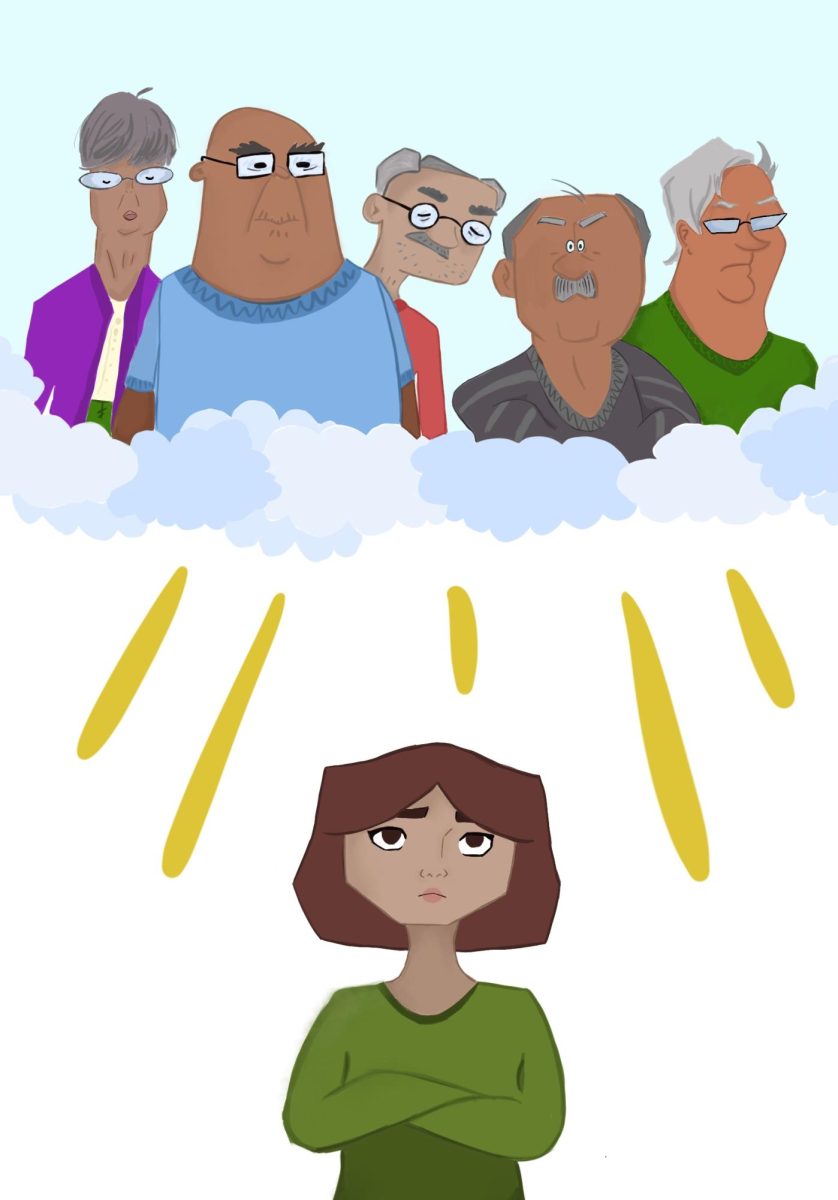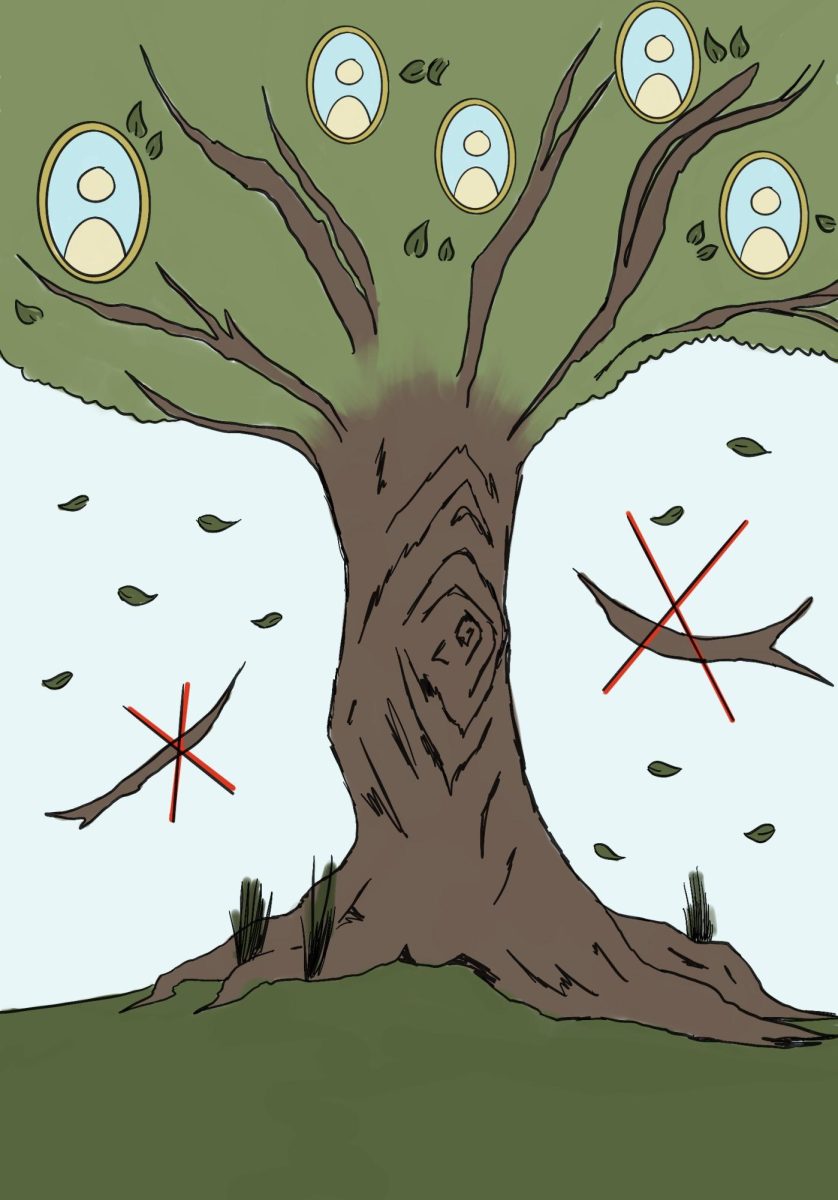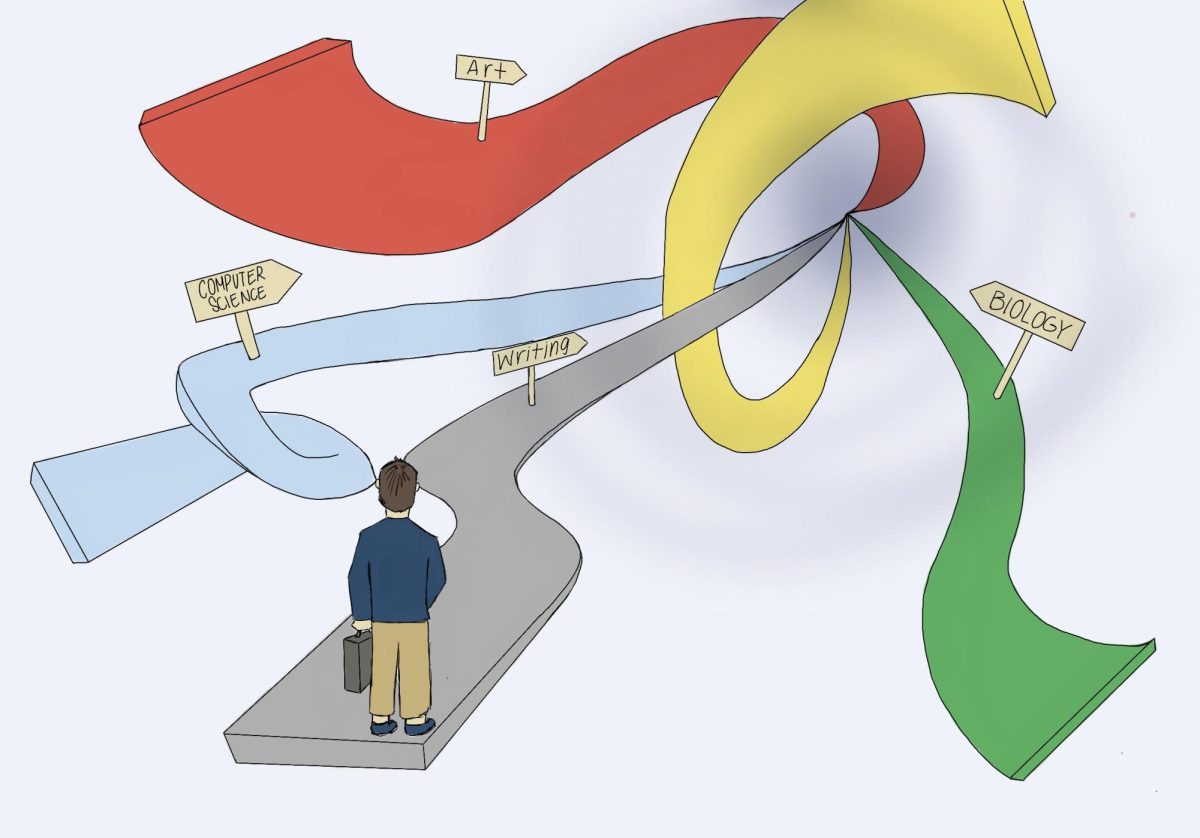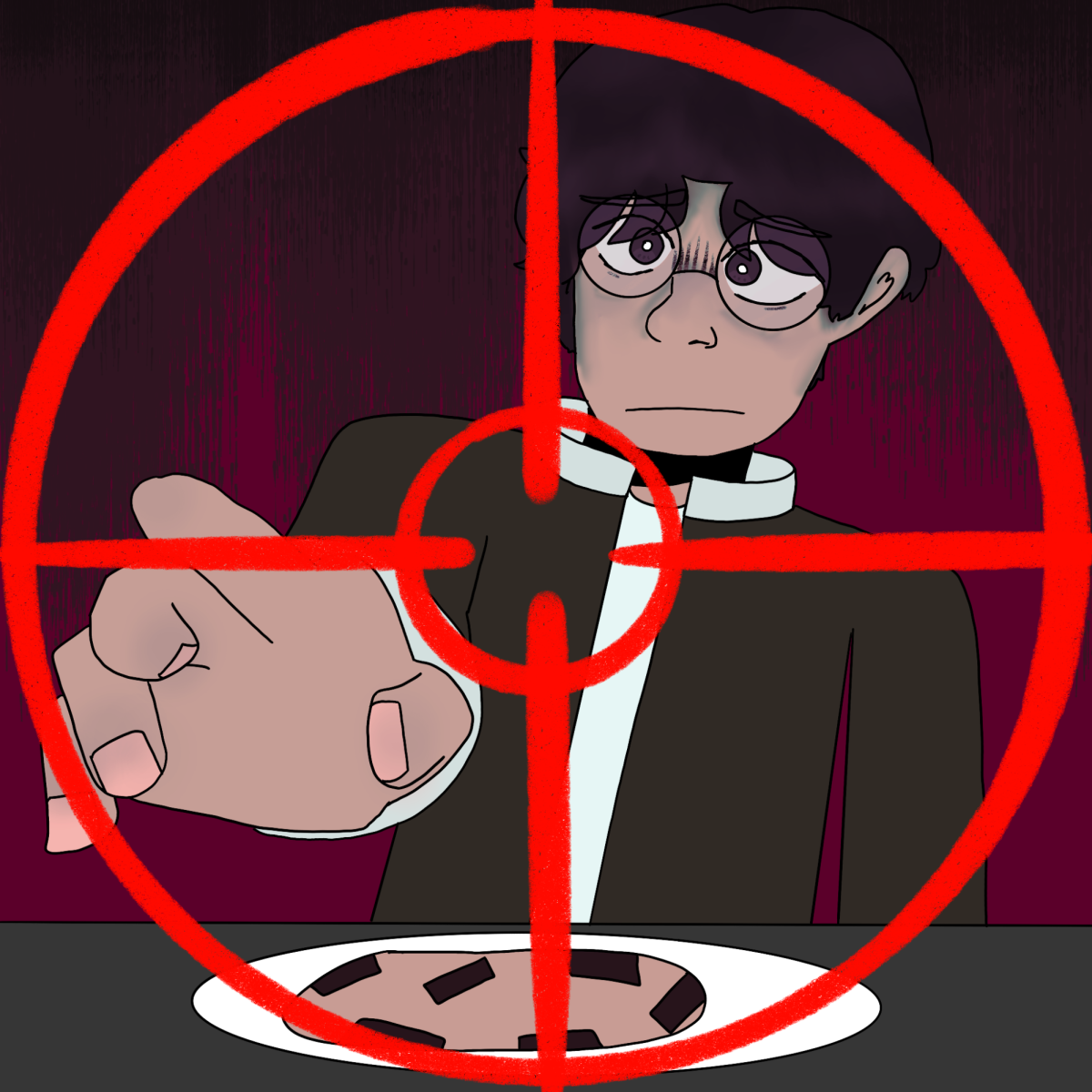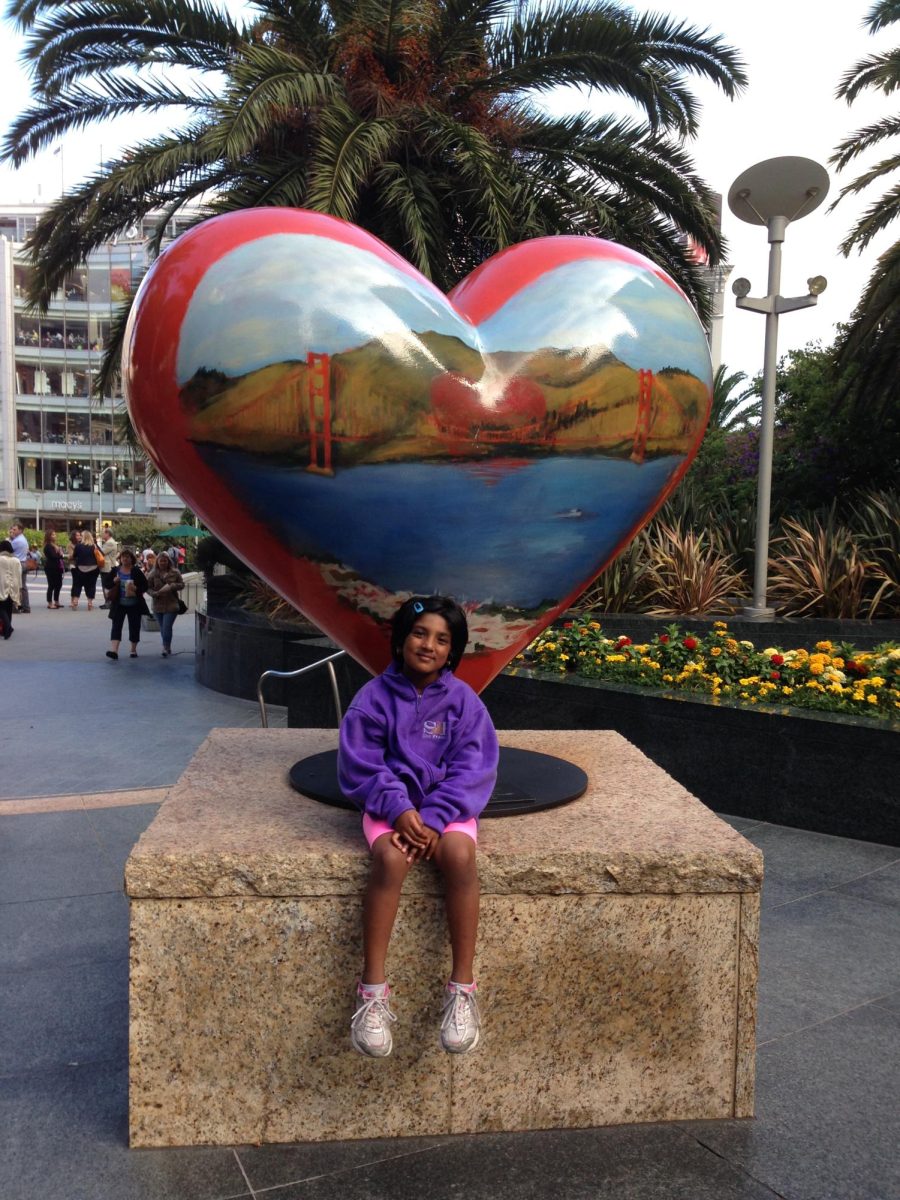Before the sun rises, my mother opens a drawer and extracts several tablets from small bottles. They are a cool, dusty brown in color, and sit on the counter while she takes out her small mortar and pestle, kept specifically for this purpose. The tablets are crushed into a fine powder and mixed with honey to disguise their bitterly disgusting taste. Three spoons are placed beside the thick paste for my sisters and me to use.
My relationship with my culture has always been complicated, and it’s something that impacts my relationship with my family. Unlike my aunts, uncles, and cousins in India, my family doesn’t pray regularly. We partake in festivals and ceremonies, but not nearly as much as other people we know do. When we do, a small part of me feels disingenuous and out of place for participating in something I have so little faith in, from offerings of food to prayers.
I have this great fear that because of this disruption between what I believe in and what other people in my family believe in, I have and will continue to struggle to connect with them. Take my grandmother, for example. We are incredibly different. She is more old-fashioned than me. I don’t understand Marathi, her native language. We have almost nothing in common other than the fact that we are related. In my culture, there is so much emphasis on respecting and looking up to your elders, so my connection with my grandmother is directly related to my connection with my culture. Sometimes I think that religion or culture could have been something that bonded us more, and because she has such strong religious beliefs that I don’t share, we can’t connect with each
While I know deep down that religion would not have been the deciding factor in my relationship with my grandmother, I still feel at a loss.
I also feel slightly jealous of people who are more in tune with their culture than me. I can feel my mother’s disappointment that she didn’t have us learn classical music or dance, or even her language. When I meet other Indian people, their faces light up when they find out we share the same mother tongue, only to fall in disappointment when they learn that I don’t know it. It makes me sad that I can’t understand every conversation that I’m supposed to be a part of. It makes me feel bad that I can’t talk to my relatives in their first language.
And the worst part is that I feel like a part of me is missing, as if with every generation since my grandparents, a little bit is lost because of our upbringing. My fears about losing those ways of life are amplified when I think about how future generations might fare. Will my children be as connected to their culture as I am? Will they lose a piece of themselves too? I think a lot about passing on culture through your children and their children, and how, as a result, hundreds of thousands of years of tradition and heritage are still around today. Is the weight of all those customs too much to bear? Or maybe the pursuit of imparting these traditions is a way for me to learn more about them.
Appreciating the people that do these traditions is the first step to comprehending them. And so, even though I don’t understand it, when my mother pulls out her tablets every morning, I eat them with a smile.

